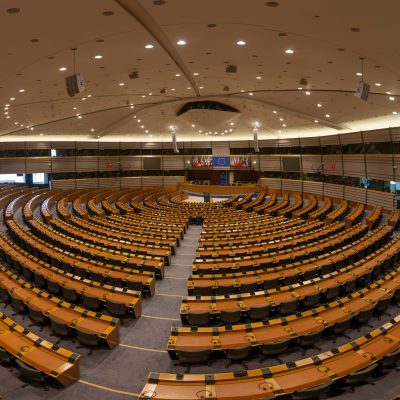
This policy brief develops two possible scenarios (closer vs. looser cooperation) of a future EU–UK economic relationship. After analysing how they fit into the existing EU landscape of external differentiation, it assesses these two scenarios in terms of effectiveness – defined as the capacity to reduce economic disruption – and their potential effects on the EU’s political unity. The paper concludes that the scenario of closer cooperation is superior in its capacity to minimise economic harm both for the UK and for the EU, and to provide a climate for long-term economic cooperation. Regarding the impact on EU cohesiveness, we contend that the biggest threat to its unity would be an “unbalanced” agreement providing a level of advantages not matched with a corresponding set of obligations. This could spark desires for more differentiation among EU member states and trigger third-country demands to renegotiate existing EU regimes of external differentiation.





